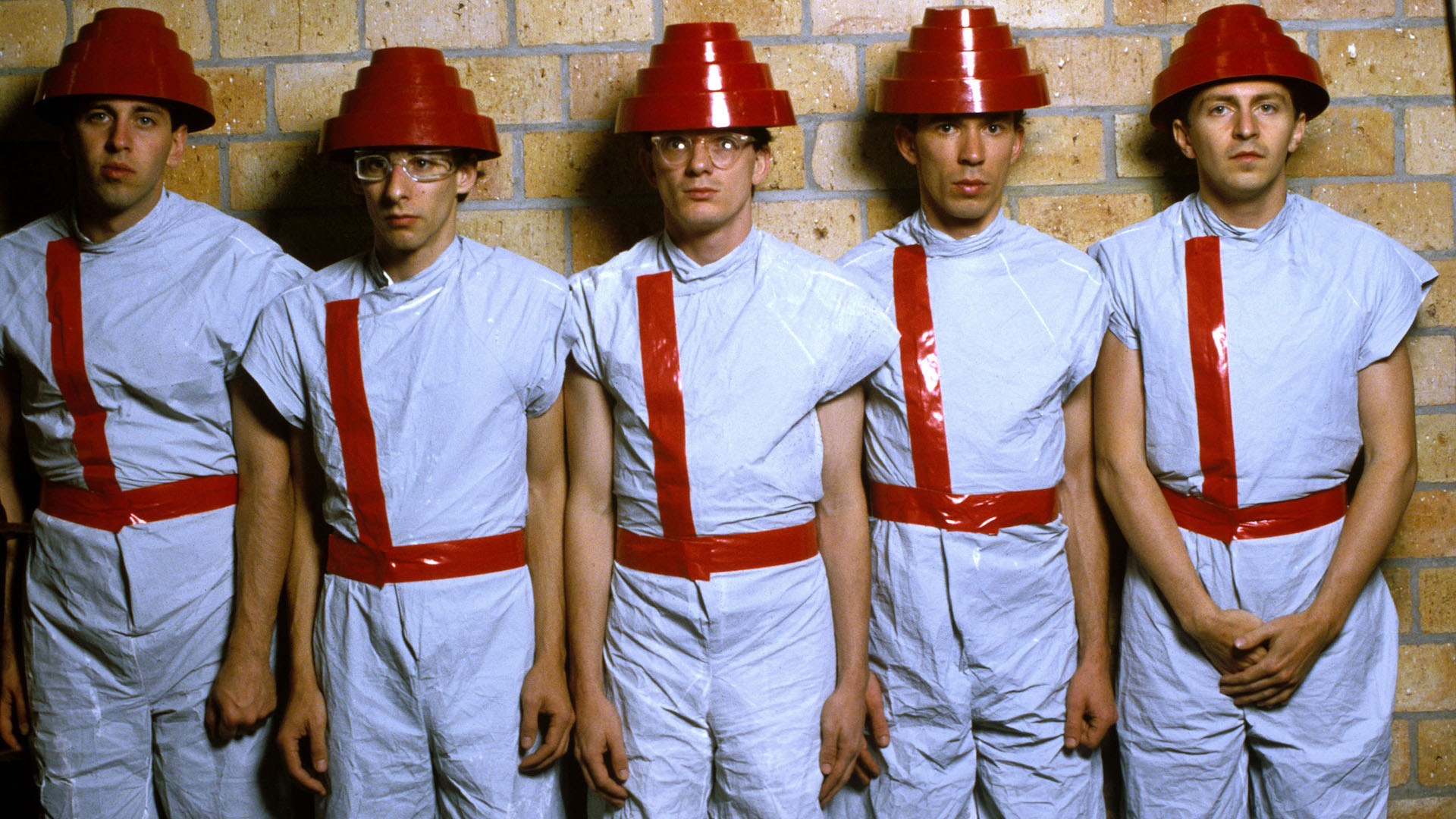When my friend Brian Newman asked me to join him on a panel at Web Summit Vancouver on Hollywood in 2030, my first thought was: Oh, they want us to project into the future.
Then I did the math. 2030 is basically tomorrow.
So last Friday, we dug into AI’s creative disruption, why brands could become the new studios, the need to build audience from the ground up, and the growing expectation that filmmakers understand the full lifecycle of their work.
You can watch the full panel here.
On stage, I had a flicker of doubt: These talking points feel so familiar. Have they become tropes?
But the next night, back in L.A., I caught up with an indie producer who’d just secured the first bit of funding for a new feature.
“The director is thinking more the classical path,” they said. “Festival premiere, maybe Netflix.”
That’s when I knew the panel’s ideas aren’t tropes. They haven’t even landed yet.
To date, Netflix bought two (2) films out of Sundance 2025:
Netflix isn’t looking for anyone’s million-dollar indie and hasn’t been for a while. But the myth persists. Not because it’s reliable, but because we don’t have a new story to replace it.

So, here’s a story.
Chiwetel Ejiofor and Cristin Milioti are in talks to star in A24’s “The Backrooms,” to be directed by 19-year-old Kane Parsons. He was 16 when he made viral YouTube short “The Backrooms” (66 million views). He was 17 when A24 bought the project; now it’s becoming real.
This sounds like a 21st-century riff on the Sundance wunderkind, but A24 didn’t buy a short from a promising high school filmmaker. It bought an ecosystem.
Scalable IP, with a built-in fanbase. Proof of engagement. Potential for merch, spin-offs, and platform-native storytelling.
It’s a lot less romantic than the ‘90s story, in which credit-card debt is burned away by a life-altering festival premiere that sends buyers huddling in the lobby to craft eight-figure offers.
However, we can’t believe in that folktale if we also believe in the internet. Thirty years ago, a rapturous reception was the only tool distributors had to project future results.
In reality, the digital revolution in filmmaking happened at the same time as all the other digital revolutions. Today, no one relies on analog instinct for pretty much the same reason that you don’t have a landline.
Parsons grew up experimenting with green screens and desktop FX. He built “The Backrooms” on public-domain IP made viral by Reddit and 4chan. He has 2.7 million YouTube subscribers, which don’t include the dozens of channels that made viral videos dissecting his work.
No, most aspiring filmmakers aren’t Kane Parsons. But they can:
- Build an audience
- Test and iterate on platforms like YouTube
- Think beyond the frame and across media
In 2025, that’s the story. By 2030, it may feel played out. But it’s real, and it’s happening now.
To do all of this is a lot. It comes on top of the other a lot, which is the painful and miraculous task of making a movie. For anyone not in Gen Z or Alpha, it may feel like an impossible volume of work. And of course, it guarantees nothing.
But it’s better than leaning on tropes.
See you next week,
Dana
✉️ Have an idea, compliment, or complaint?
dana@indiewire.com; (323) 435-7690.

Weekly recommendations for your career mindset, curated by IndieWire Associate Editor Harrison Richlin
5. The cinema will save us by Wade Major
At his Hollywood Heretic substack, entertainment journalist Wade Major creates a compelling argument why theatrical is not only necessary but it also could be a solution to our current divisions.
4. Building a career and community in film by Alece Oxendine
Kinema for Filmmakers substack hooks it up with on-the-ground guidance in filmmaking today. Its latest video breakdown from Alece Oxendine is a phenomenally thorough examination of how to prepare for and maintain a career, with key takeaways on distribution and why micro-budgets are a necessity.
3. Why social media’s future is feature length by Jon Stahl
This essay from Jon Stahl’s How to Not Be a TV Writer substack is a terrific argument for the staying power of the feature film and why it’s only a matter of time before the online space learns to harness it.
2. Joke’s on you by Estelle Artus
We love a good clapback and Exterminating Angles‘ response to a recent Stephen Fellows piece is top notch. Distributors will always lament, but Fellows’ survey shows a perspective that’s mired in the past.
1. Should you stop pitching to Hollywood? by Alex Lemay
This piece on the current state of Hollywood is a brilliant distillation of the moment where everything is YouTube, even when it’s not, and how you can/must adjust accordingly. Check out his Substack, Pitchcraft.



